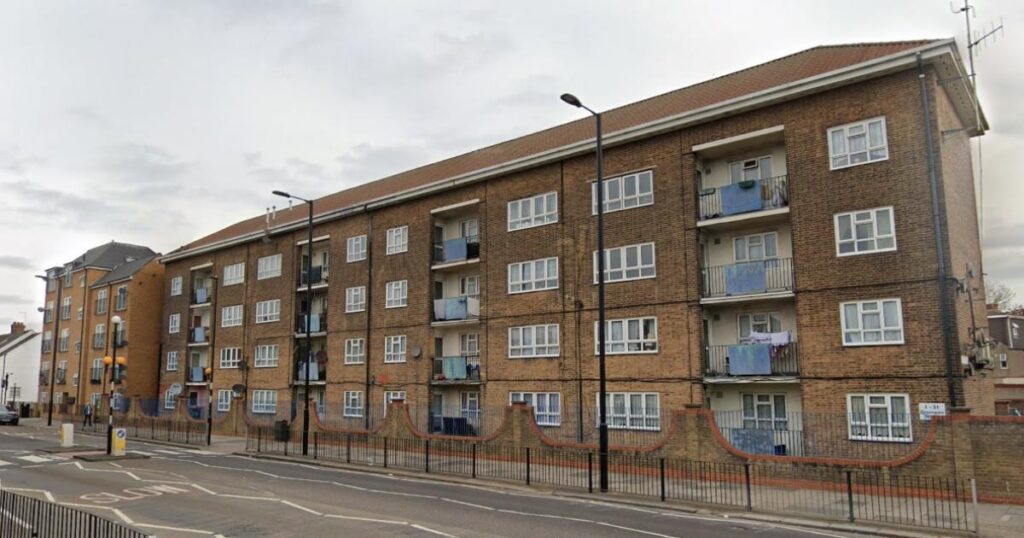Relatives of Marta Perkowska told a coroner on Monday (March 31) they were not convinced the remains belonged to the 33-year-old.
Senior east London coroner Graeme Irvine said he was not sure beyond a reasonable doubt, but he was able to conclude the body was Marta’s “on the balance of probabilities” – the burden of proof required for an inquest.
However, he offered to release CT scans of the body to Marta’s loved ones, so they could be checked against dental records.
“If there is a genuine, upsetting doubt about identification on the part of the family, that is a way that that could be resolved,” he said.
The family had asked whether they could view mortuary photographs or police body worn camera footage to “check the face”.
“I don’t have a photo of Marta, so I can’t give it to you,” said Mr Irvine. “I can only ask for it if I need the evidence for use in an inquest.”
As the family did not question the identity at any stage before arriving for the inquest, he said, he did not seek additional identification evidence like DNA testing, dental record comparison or photos.
Marta’s father Krzysztof Perkowska described her in a statement as a “normal, intelligent, healthy and hardworking” person who “never complained about her health”.
She “smoked a few cigarettes a day”, he added, but “tried to eat healthy”.
But the picture painted by fellow lodgers at her shared flat in Greengate Street, Plaistow, differed somewhat.
When they investigated a terrible smell coming from her bedroom, they found a woman’s corpse showing significant signs of decomposition.
Police officers who arrived to investigate found empty alcohol cans in the room.
Asked about Marta’s alcohol consumption, her flatmates “explained that this was a daily occurrence,” wrote PC Keeley Adams.
“It was known for Marta not to have any food in the fridge, but to have plenty of alcohol.”
Marta, who was Polish and worked in a Stratford hotel, was reported missing shortly after a trip to Tunisia last July to celebrate her birthday.
When flatmates, already concerned about the smell coming from her room, learned of the missing person report, they obtained a spare key and entered her room, which was locked from the inside.
The court heard her flatmates had noticed her coughing before her trip to Tunisia and it seemed to have worsened by the time she got back – but then they stopped hearing it.
Police were told the room belonged to Marta, found Marta’s Polish passport inside and felt the body resembled the woman in the passport photo.
Flatmates also told them the position the body was laying in – face down, arms crossed and head resting on the forearms – was the position Marta was known to sleep in.
But as Mr Irvine was about to begin Monday’s inquest at East London Coroner’s Court, Walthamstow, he was told the family were not satisfied with the identification.
The former criminal barrister told the family that if he was asked to find the body was Marta’s beyond any reasonable doubt, “I perhaps would not be comfortable in identifying Mrs Perkowska at that standard.
“I think I can make the finding that the deceased was in fact Mrs Perkowska on the balance of probabilities. It is more likely than not.”
However, he was not able to establish when or how Marta had died.
The body was so decomposed that no cause of death could be identified and no meaningful toxicology results could be obtained.
A pathologist was only able to rule out any sort of trauma or ingestion of morphine.
“I’m very sorry about that,” the coroner said. “It weighs heavily upon me because I like to try and provide closure for families in inquests, but I can’t do that here.”
“I appreciate that that is very disappointing to the family.”




